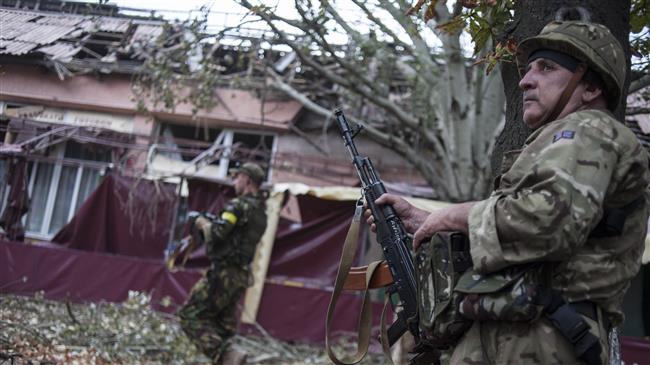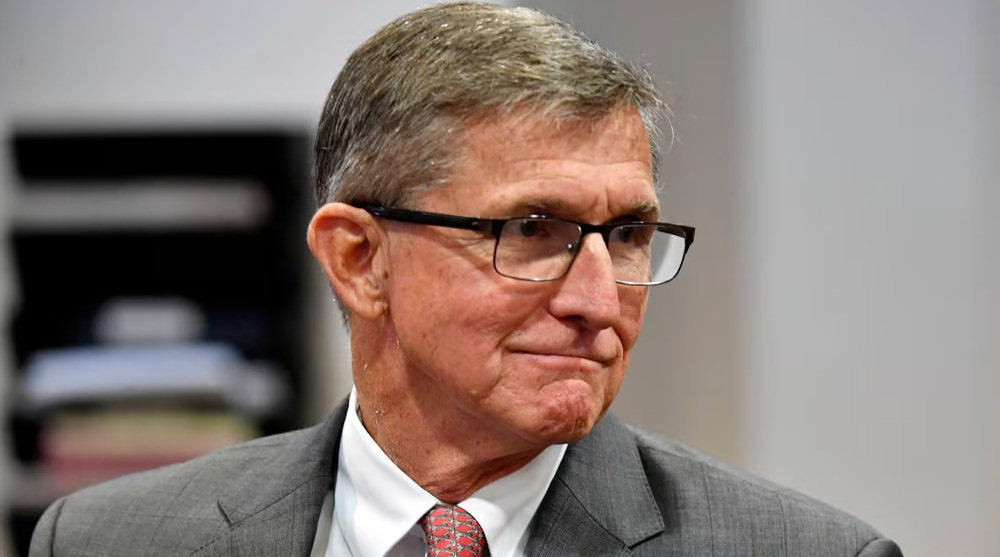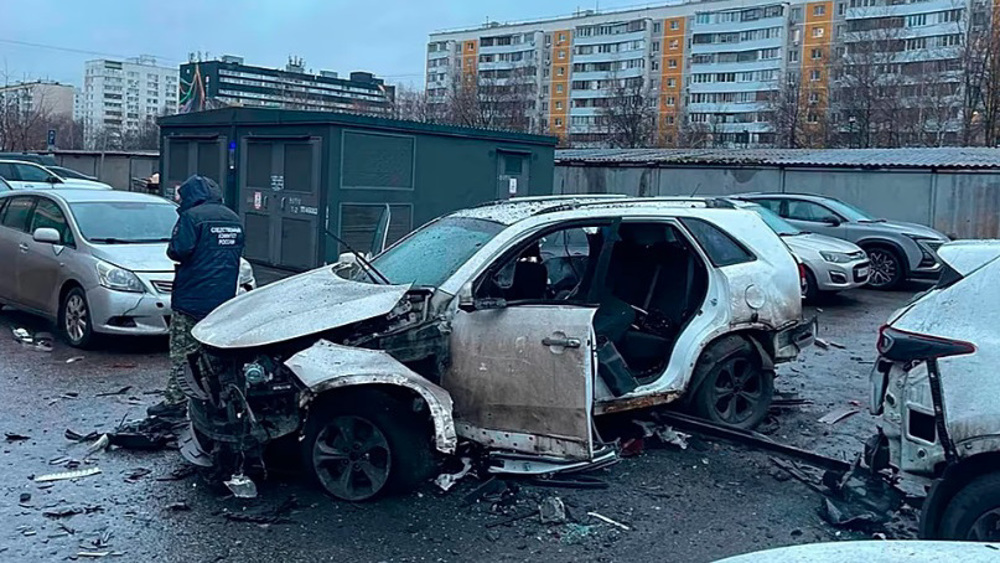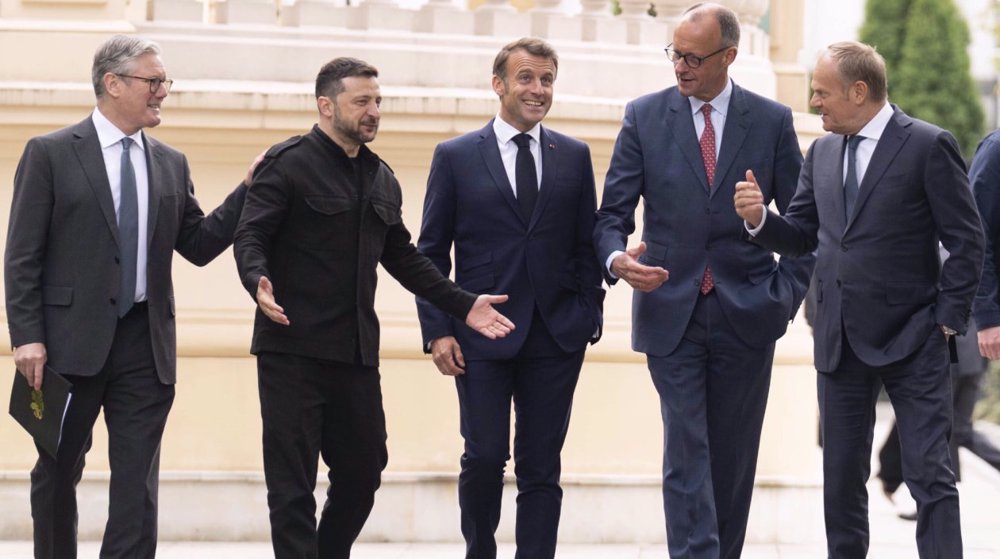OSCE warns against truce violations in E Ukraine, urges renewed peace efforts
The Organization for Security and Co-operation in Europe (OSCE) warns against an alarming number of truce violations in Ukraine’s east, which has been the scene of deadly fighting between Kiev’s troops and pro-Russia forces, calling for a renewed peace process to prevent the outbreak of a “major conflict” there.
Thomas Greminger, the OSCE’s secretary general, made the plea on the sidelines of a conference on international security policy in the southern German city of Munich on Friday.
The OSCE is European security body tasked with monitoring the ceasefire agreement mediated by Russia, Germany and France between the Ukrainian government and the pro-Moscow forces in the Belarusian capital, Minsk, in 2015.
Greminger further said the organization records an average of 1,000 ceasefire violations a day in eastern Ukraine.
“This has to stop… What we desperately need is another political impulse,” the OSCE head said, adding that it should come from the four countries that sponsored the Minsk agreement.
“I would look forward to seeing Germany again assuming a leadership role, ideally together with France, and then I think we have a fair chance that the Russian Federation and Ukraine could come along,” Greminger noted.
Top officials from the four countries cancelled a meeting that was due to take place during the annual Munich Security Conference, citing scheduling conflicts.
The four sides are now working to set a new time for the meeting before the end of the Munich event.
The armed conflict erupted in Ukraine following the overthrow of pro-Russian president Viktor Yanukovych in February 2014, and intensified after people in the Black Sea peninsula of Crimea voted for reunification with the Russian Federation in a referendum in March 2014.
The West brands the reunification as annexation of the territory by Russia. Moscow denies any involvement in the conflict.
Armed confrontation between the pro-Russia forces and the Ukrainian military has killed more than 10,000 people, according to the United Nations.

At the annual conference, Greminger also warned that a “major conflict” could break out in Ukraine’s eastern regions, expressed concern about the warring sides’ failure to withdraw heavy military equipment from the lines of conflict as agreed in the Minsk ceasefire agreement.
“We are definitely standing on the brink of major conflict and I guess we need to find our way back and this is why my key message here at the Munich Security Conference is dialog. I think we need to again listen, to try to understand each other, each other’s perspectives and then try to come to common solutions,” he said.
Greminger said there was a big risk that shelling could inadvertently result in a catastrophic chemical spill at a water filtration plant near the front, noting, “The risk is growing that one day you will have an incident that gets out of control.”
More than 700 observers from the OSCE currently operate monitoring missions on the Ukrainian conflict but the efforts have so far failed to reduce the tensions.
Meanwhile, Ukrainian President Pedro Poroshenko called on delegates at the Munich Security Conference to push for the deployment of United Nations peacekeepers across the two regions of Donetsk and Lugansk in the east, collectively known as the Donbass, which are entirely controlled by pro-Russia forces.
“There is a chance for Moscow to show the sense of compromise and agree to UN peacekeepers throughout the whole territory of Donbass including the uncontrolled part of Ukraine on the Russian border,” he said.
The deployment was regarded as a first step toward a "face-saving move" to end the fighting in the Donbass region.
Russian, Ukrainian FMs meet in Munich
Separately on Friday, Russian Foreign Minister Sergey Lavrov and his Ukrainian counterpart, Pavel Klimkin, held a meeting on the sidelines of the Munich Security Conference.
Russia’s TASS news agency reported the two ministers discussed issues linked to prisoner exchange between the conflicting sides in Donbass.
‘Trump authorized Epstein’s death’; ‘love for young girls’: Accusations infest new Epstein files
Libya’s army chief killed in Ankara plane crash after high-level talks with Turkish officials
Israeli settlers tear gas 3 Palestinian children in attack on West Bank home
‘He raped me’: New trove of Epstein files reveals why Trump tried to bury them
Iran halts gas exports to Iraq amid surge in domestic demand
Belgium files to intervene in South Africa’s ICJ genocide case against Israel
Netanyahu appears in court for 65th time in ongoing corruption trial
Iran's government submits $111bn budget bill for year 1405










 This makes it easy to access the Press TV website
This makes it easy to access the Press TV website